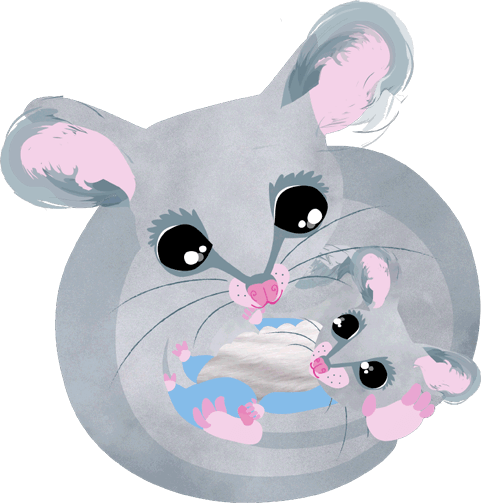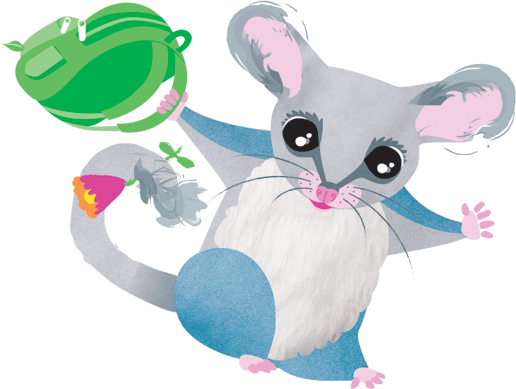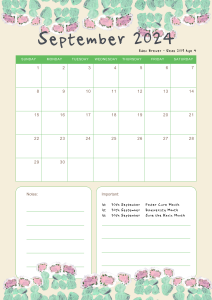Latest News
What do you know about The United Nations Convention on the Rights of the Child?
To access a printable PDF version of UN Convention on the Rights of the Child (in child friendly language) follow this link from crcasia.org or for a version for slightly older children you can go here, to savethechildren.net for another printable poster.
Parent and Carer’s Voice Survey
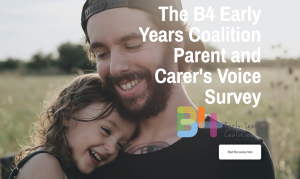 The B4 Early Years Coalition is sharing this survey with you to try to find out what it’s really like to be a Tasmanian parent/carer of a child in the early years by listening to the voices of parents and carers lived experiences. We know many organisations and services already collect parent and carer voices, so we don’t want to duplicate the knowledge already out there. There are no right or wrong answers, and you do not need to provide identifying information unless you choose. If you would rather share with us directly what parents and carers have been saying, you can email us via: b4@decyp.tas.gov.au or call us on (03) 616 55666 and we can arrange a time to chat.
The B4 Early Years Coalition is sharing this survey with you to try to find out what it’s really like to be a Tasmanian parent/carer of a child in the early years by listening to the voices of parents and carers lived experiences. We know many organisations and services already collect parent and carer voices, so we don’t want to duplicate the knowledge already out there. There are no right or wrong answers, and you do not need to provide identifying information unless you choose. If you would rather share with us directly what parents and carers have been saying, you can email us via: b4@decyp.tas.gov.au or call us on (03) 616 55666 and we can arrange a time to chat.
The B4 Strategic Plan 2024-2029
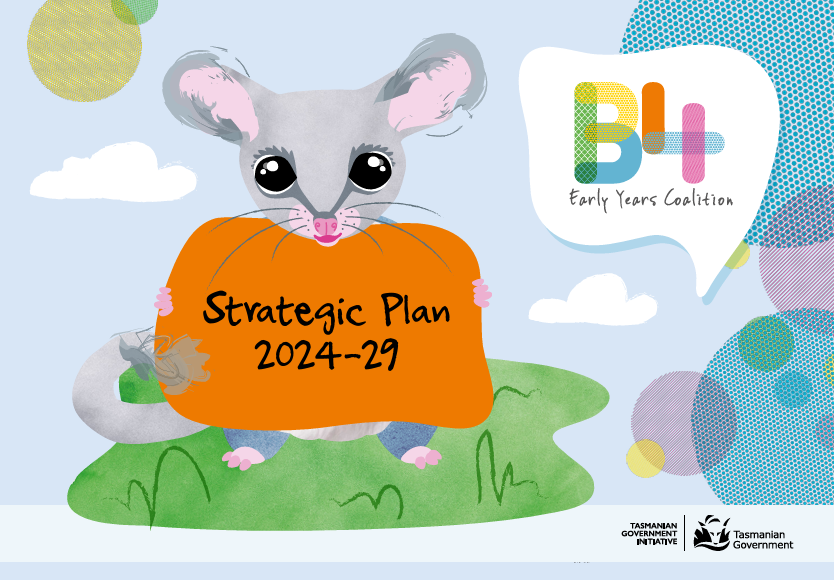
The B4 Early Years Coalition invites you take a look at our brand new Strategic Plan for 2024-2029. These aspirational plans and goals speak to the heart of the work undertaken day in and day out but the B4 Support team, Leadership and members to ensure Tasmanian children get the best possible start in life: no matter what!
B4’s approach is to continue to ensure Lutruwita/Tasmania’s early years systems acknowledge “thriving children live in thriving systems”. The It takes a Tasmanian Village: Child and Youth Wellbeing Strategy (the Strategy) also acknowledges that for all Tasmanian children and their families to thrive it will take the collective efforts of everyone that make up the “village” surrounding children and families. By ensuring children have:
- Loving and secure relationships
- A sense of belonging
- Access to services and supports
- Healthy food and environments
- Opportunities for play and discovery and
- Positive and inclusive communities
B4, its members, leaders, partners and friends help to promote that same thriving community, through a collective impact that is true to the unique nature of our island home.
Click or tap here to access the Strategic Plan here (PDF will open in new tab)
National Child Protection Week
2024 theme: ‘Every conversation matters’
This year National Child Protection Week will run from 1 – 7 September 2024.
In 2024, the National Child Protection Week message that ‘Every child in every community needs a fair go’ will be complemented with the theme ‘Every conversation matters’.
Conversations are powerful tools to keep children and young people safe and well.
Conversations can help us understand issues, craft solutions, value community knowledge, and build the brains and social connections of children and young people.
Conversations between
…children and their caregivers matter (from the very earliest days)
…children and their peers matter
…families with teachers, doctors, and other professionals matter
…friends or neighbours matter
…decision-makers and the communities they serve matter.
And, of course, conversations in the public realm and media matter…
So this National Child Protection Week we invite you to speak up – and speak together – about what needs to change for every child in every community to have a fair go.
This theme provides a platform to:
- engage in important conversations,
- promote the value of conversations, and
- equip us to have conversations that keep kids safe.
Need training? Head here: Programs & Training – NAPCAN
Resources are here: Posters and Activity Sheets – NAPCAN
Whether it’s popped up on your social feeds, is plastered across the news, or is in that TV show everyone’s bingeing, seeing disturbing images and videos can sometimes be really hard to deal with. When this happens, it’s completely normal to feel a range of emotions – not just in the moment, but long after, too. If you’re finding things difficult to process, we have some tips you can try to help you manage your feelings. – ReachOut.com
If this article has raised any concerns for you, you can go here:
Dealing with disturbing videos and sensitive content | Coping (reachout.com)
September 2024 Calendar of celebrations, awareness and memorial.
September is a busy month but don’t forget to take time to remember the past, reflect on the future and be present in the moment as you revitalise your workplace practices, classrooms and play spaces. Here’s a list of inspiring days to help you reimagine your programs.
13 September – Anniversary of the United Nations Declaration on the Rights of Indigenous Peoples
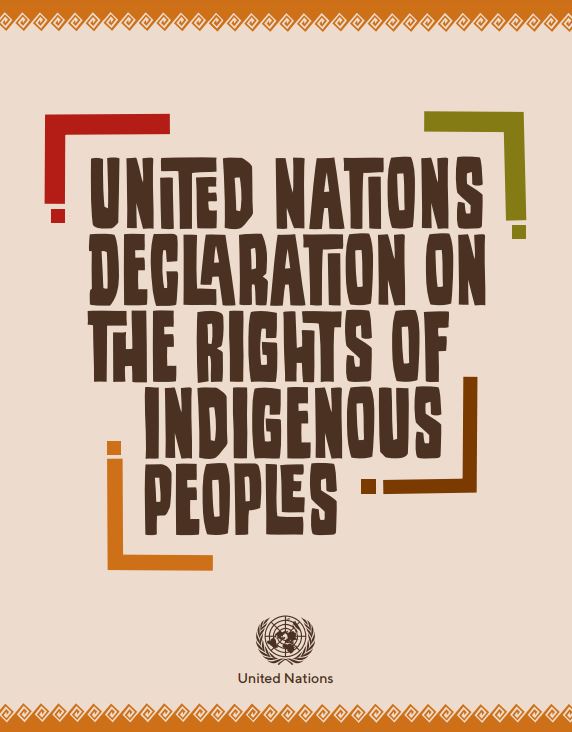
The United Nations Declaration on the Rights of Indigenous Peoples (UNDRIP) was adopted by the General Assembly on Thursday, 13 September 2007, by a majority of 144 states in favour, four votes against (Australia, Canada, New Zealand and the United States) and 11 abstentions (Azerbaijan, Bangladesh, Bhutan, Burundi, Colombia, Georgia, Kenya, Nigeria, Russian Federation, Samoa and Ukraine). Years later the four countries that voted against have reversed their position and now support the UN Declaration.
 Nine years have passed since the UN Declaration on the Rights of Indigenous Peoples. Many of the rights in the Declaration require new approaches to global issues such as development, decentralisation and multicultural democracy. In order to achieve full respect for diversity, countries will need to adopt participatory approaches to Indigenous issues, which will require effective consultations and the building of partnerships with Indigenous peoples.
Nine years have passed since the UN Declaration on the Rights of Indigenous Peoples. Many of the rights in the Declaration require new approaches to global issues such as development, decentralisation and multicultural democracy. In order to achieve full respect for diversity, countries will need to adopt participatory approaches to Indigenous issues, which will require effective consultations and the building of partnerships with Indigenous peoples.
Information on, and a copy of the Declaration can be found on the United Nations Declaration on the Rights of Indigenous Peoples website
- 1st September – First Day of Spring
Spring celebrations in Tasmania celebrate our unique townships, pristine wilderness and creative expression. On Turrakana / Tasman Peninsula, Nubeena Bee Festival (5 October) celebrates our champion pollinators and their sweet honey. See fields of intense colour at Table Cape Tulip Farm on the state’s north-west coast (late September, for a month). To coincide, the local council runs the Tulip Festival Wynyard (12 October), with food, music, art and vibrant entertainment. Launceston’s Junction Arts Festival (19–22 September) is about extraordinary arts events in unusual places. Artists gather in Sheffield’s Mural Park to compete in the annual Mural Fest (3 –9 November), with the artworks remaining on display for the following year – worth a look regardless of when you visit. And unique contemporary art thrives in the most unordinary of places at the Unconformity – an inventive, biennial festival on the rugged west coast (October 2025). Lastly, The Tasmanian Craft Fair (1–3 November) and The Tasmanian Chamber Music Festival (8–10 November) is also here to liven things up. Want a copy of our September Calendar to write all your favourite days into? Click the image below.
- 1st September – Wattle Day
- 1st September – Father’s Day
- 1st – 30th September – Social September
- 1st – 30th September – Footy Colours Day
- 1st – 30th September – Foster Care Month
- 1st – 30th September – Biodiversity Month
- 1st – 30th September – Save the Koala Month
- 2nd – 6th September – Australian Teacher Aide Appreciation Week
- 3rd – 11th September – History Week (NSW)
- 3rd – 9th September – National Child Protection Week NAPCAN
- 4th September – National Health and Physical Education Day
- 4th September – Early Childhood Educator’s Day
- 4th September – Indigenous Literacy Day
- 5th September – International Day of Charity
- 7th September – Threatened Species Day
- 8th September – International Literacy Day
- 8th September – National Bilby Day
- 13th September – Roald Dahl Day
- 13th September – World First Aid Day
- 14th September – R U OK? Day
- 15th September – International Day of Democracy
- 17th September – Australian Citizenship Day
- 19th September – Talk Like A Pirate Day
- 20th – 26th September – International Deaf
- 21st September – Clean up the World Day
- 21st September – World Gratitude Day
- 21st September – International Day of Peace
- 23rd September – International Day of Sign Language



